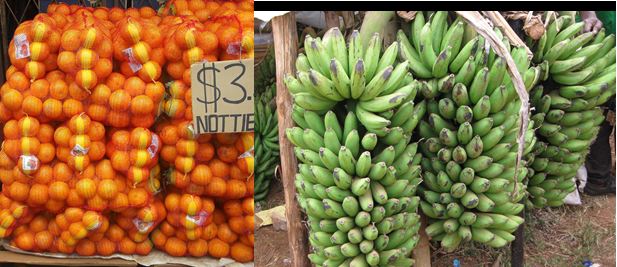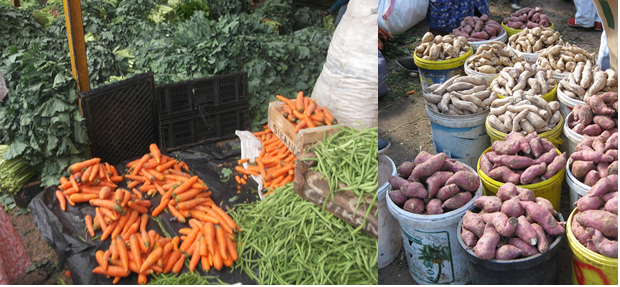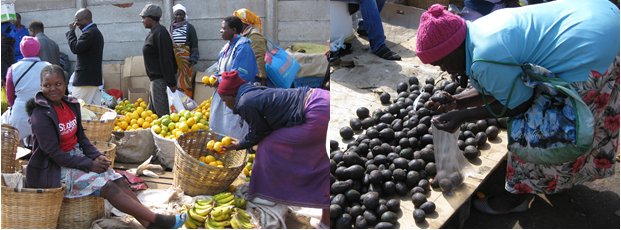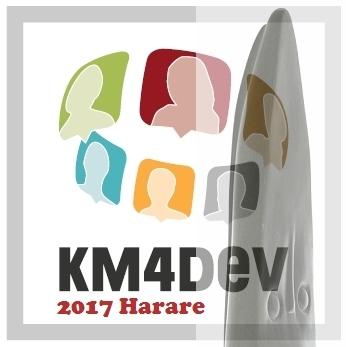How the market can convert agricultural commodities into career pipelines
Besides climate change and environmental degradation, a major challenge facing many African rural communities is migration of skills and talent to urban centres. There is no price for guessing who wins in the competition for talent between rural and urban communities. Building rural agricultural markets is one way of converting agricultural commodities and value chains Read more about How the market can convert agricultural commodities into career pipelines[…]










